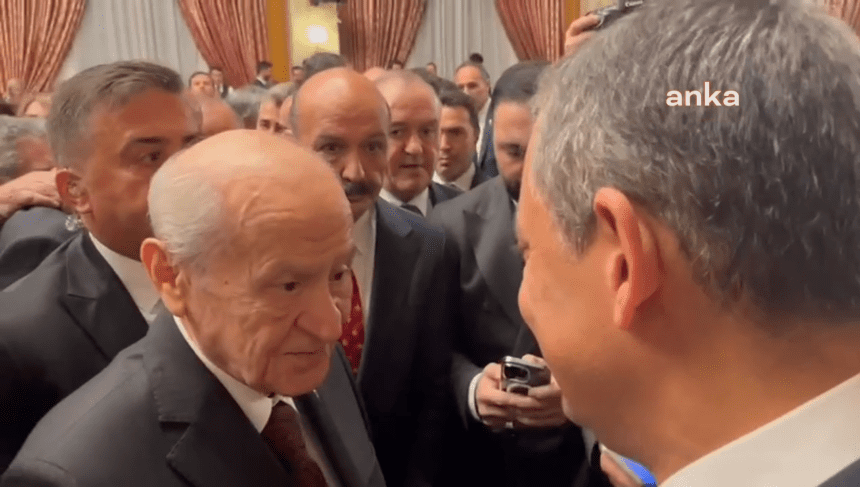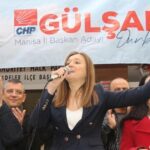Devlet Bahçeli’s remarks and actions on October 1st illustrate the complex dynamics of Turkish politics, characterized by a juxtaposition of aggressive language and efforts at peace. Bahçeli, the leader of the Nationalist Movement Party (MHP), and a crucial supporter of President Erdoğan’s AKP administration, is historically recognized for his incisive political declarations and unwavering nationalist position. His recent statements and inconsistent actions illuminate the intricate political terrain as Turkey embarks on a new legislative session.
Principal Insights: Menaces and Political Discourse:
In a parliamentary group meeting, Bahçeli criticized both the opposition Republican People’s Party (CHP) and journalists who are critical of his party. His characterization of CHP leader Özgür Özel as “rotten” and his threats toward journalists at Halk TV exemplifies his antagonistic stance towards opposition individuals and media organizations.
His rhetoric towards Özel was confrontational, indicative of the friction between MHP and CHP, especially concerning unresolved matters such as the death of Sinan Ateş, a former leader of the Grey Wolves, whose murder is associated with internal conflicts within nationalist factions.
Threats and Political Rhetoric:
Notwithstanding the earlier heated rhetoric, Bahçeli’s engagement with Özel at a legislative reception appeared to mitigate the gravity of his statements. His assertion that such attacks are executed “for the sake of politics” suggests a deliberate employment of provocative rhetoric to galvanize his supporters, while preserving a degree of political adaptability.
This dualism was accentuated when Bahçeli engaged in a handshake with the leaders of the pro-Kurdish People’s Equality and Democracy (DEM) Party, a faction he has previously alleged to have connections with the PKK and has urged for its dissolution. This action is significant considering the MHP’s longstanding rigid position against Kurdish political movements.
Implications for Turkish Politics:
Bahçeli’s maneuvering indicates a possible reassessment of the MHP’s stance as it commences a new legislative term. Although his fundamental language is tough and inflexible, his actions indicate a more sophisticated strategy in engaging with various factions in Turkish politics.
The conciliatory gesture towards DEM Party members, coupled with his recognition of the necessity for “peace within our own country,” may signify a strategic pivot, potentially acknowledging the importance of broader coalitions or the reduction of intra-parliamentary discord amidst persistent economic and political adversities and geopolitical tensions in the region.
Prospects of Opposition Dynamics:
For the opposition, these developments signify maneuvering through a political landscape characterized by prevalent heated rhetoric, where alliances and animosities may change unpredictably. The CHP’s reaction to Bahçeli’s remarks—expressing respect while maintaining a steadfast position—exemplifies a careful equilibrium of asserting their stance without exacerbating tensions.
Bahçeli’s remarks and ensuing actions underscore the strategic character of political language in Turkey, where hyperbole frequently functions to invigorate the base while allowing for tactical realignments.
By: NAT Editorial Team



